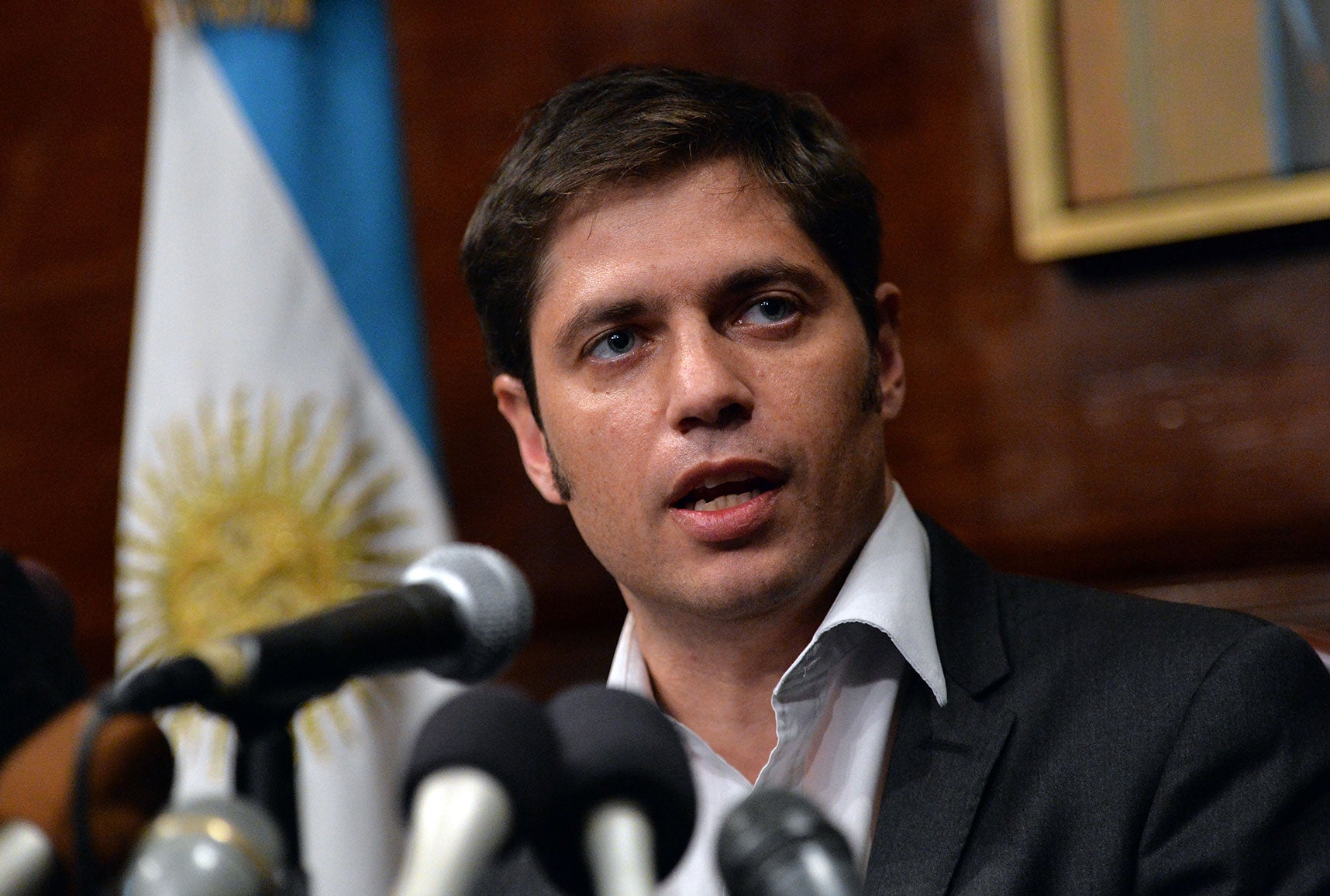Argentina defaults as 11th hour talks with hedge funds collapse
Argentina and hedge funds demanding a full pay-out on some of the nation's bonds fail to strike a deal

Your support helps us to tell the story
From reproductive rights to climate change to Big Tech, The Independent is on the ground when the story is developing. Whether it's investigating the financials of Elon Musk's pro-Trump PAC or producing our latest documentary, 'The A Word', which shines a light on the American women fighting for reproductive rights, we know how important it is to parse out the facts from the messaging.
At such a critical moment in US history, we need reporters on the ground. Your donation allows us to keep sending journalists to speak to both sides of the story.
The Independent is trusted by Americans across the entire political spectrum. And unlike many other quality news outlets, we choose not to lock Americans out of our reporting and analysis with paywalls. We believe quality journalism should be available to everyone, paid for by those who can afford it.
Your support makes all the difference.Argentina has defaulted on its debt for the second time in 13 years after it failed to reach an agreement with creditors demanding full repayment of some of the nation's bonds on Wednesday.
A US judge had set a midnight deadline for Argentina and a group of hedge funds, which the country describes as "vulture funds" trying to make a profit by wrecking the country's economy, to broker a new deal and advert default.
Addressing the nation, Argentina's Economy Minister Axel Kicillof said investors demanding a full repayment of approximately $1.5 billion worth of Argentine bonds had rejected the government's latest offer and no agreement was reached. Argentina has repeatedly said it cannot afford to pay the full amount.
"Unfortunately, no agreement was reached and the Republic of Argentina will imminently be in default," said Daniel Pollack, the court-appointed mediator in the case, adding that "the ordinary Argentine citizen will be the real and ultimate victim" of the saga.
Credit rating agency Standard & Poor's placed Argentina’s rating on "selective default" shortly after the announcement was made. Argentine bonds did not react with some analysts arguing that the default had been priced in.
Reacting to S&P's downgrade, Mr Kicillof said: "Who believes in the rating agencies? Who thinks they are impartial referees of the financial system?...Why didn’t they warn the owners of mortgages in 2008 if they know so much about risk?"
Argentina's latest default follows a lengthy court battle between Buenos Aires and a group of hedge funds, including Aurelius and NML, which bought Argentinian sovereign debt on the cheap after its 2001 default in the hope of forcing the country to pay them back in full.
Other private bondholders – most of whom unlike Aurelius lent money to Argentina before its 2001 default, have agreed to take a “haircut” on their loans of about 70 per cent. But Aurelius and NML have pursued their case relentlessly, claiming the country must pay its dues in full. Their case was bolstered after a US court blocked payments to other bondholders until an agreement was reached.
Argentina defaulted on $100bn of debt in 2001-2002, the largest sovereign default in history, which sent the country's economy into deep recession and prompting a devaluation of the Argentine peso. Unemployment rose to 23.6 per cent and the country's GDP fell 28 per cent from its peak in 1998.
Join our commenting forum
Join thought-provoking conversations, follow other Independent readers and see their replies
Comments